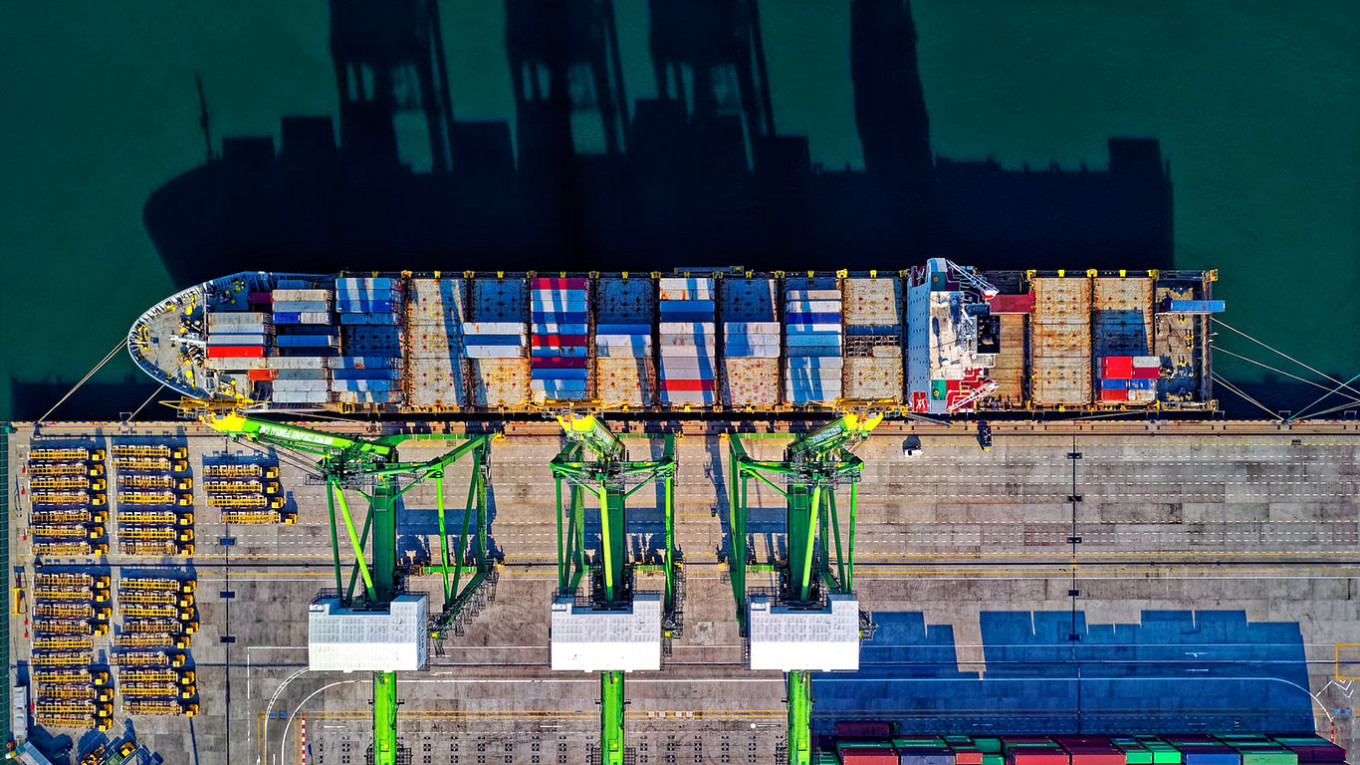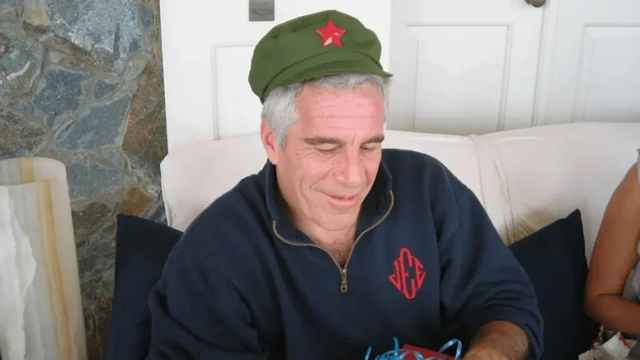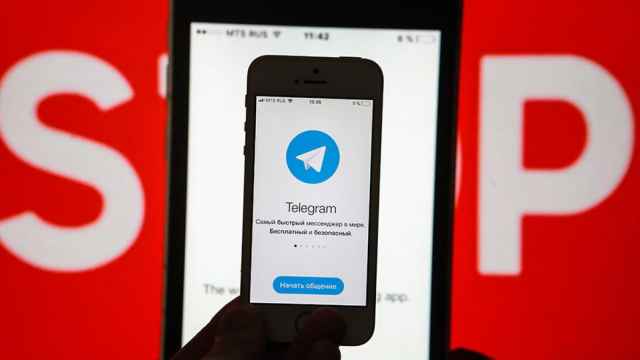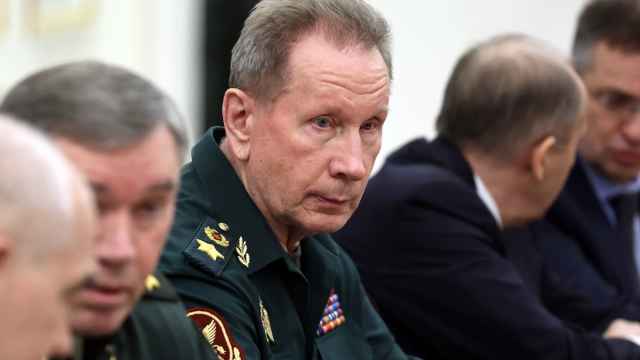The EU and U.K. on Tuesday announced a new round of sanctions against Russia and Belarus, banning exports of high-end luxury goods, increasing tariffs for Russia’s goods, and targeting more Kremlin-linked oligarchs.
These measures are the latest Western attempts to significantly limit Russia’s trading options and harm Russia’s economy in response to Moscow’s invasion of Ukraine.
The EU said its fourth round of sanctions was leveled “in response to [Russia’s] brutal aggression against Ukraine and its people.” The seven-point package restricts transactions with Russia’s military sector, bans steel exports, investment in the energy sector.
Additionally, Britain will stop backing export finance and “will no longer issue any new guarantees, loans and insurance for exports to Russia and Belarus.”
The package also affects Russia’s elite, restricting the export of luxury goods from Europe, the U.K. and extending asset freezes and travel bans on “more oligarchs and business elites linked to the Kremlin.”
The list of sanctioned individuals is substantial and includes high-ranking officials including Putin’s spokesman Dmitry Peskov, prime minister Mikhail Mishustin, Foreign Ministry’s spokeswoman Maria Zakharova, Kremlin propagandist Vladimir Solovyov and chief editor of state-run RT channel Margarita Simonyan.
The measures are in line with Europe and the United States’ announcements on ending normal trade relations with Russia.
This is the fourth package of economic restrictions adopted by the EU and the U.K. Previously, the EU cut seven major Russian banks from the SWIFT system, closed its airspace and froze the Central Bank’s assets, while the U.S. has banned the import of Russian oil products.
More than 300 private western companies have since left Russia. As a countermeasure, Russian authorities are considering nationalizing their assets of western companies that exit the country.
A Message from The Moscow Times:
Dear readers,
We are facing unprecedented challenges. Russia's Prosecutor General's Office has designated The Moscow Times as an "undesirable" organization, criminalizing our work and putting our staff at risk of prosecution. This follows our earlier unjust labeling as a "foreign agent."
These actions are direct attempts to silence independent journalism in Russia. The authorities claim our work "discredits the decisions of the Russian leadership." We see things differently: we strive to provide accurate, unbiased reporting on Russia.
We, the journalists of The Moscow Times, refuse to be silenced. But to continue our work, we need your help.
Your support, no matter how small, makes a world of difference. If you can, please support us monthly starting from just $2. It's quick to set up, and every contribution makes a significant impact.
By supporting The Moscow Times, you're defending open, independent journalism in the face of repression. Thank you for standing with us.
Remind me later.






